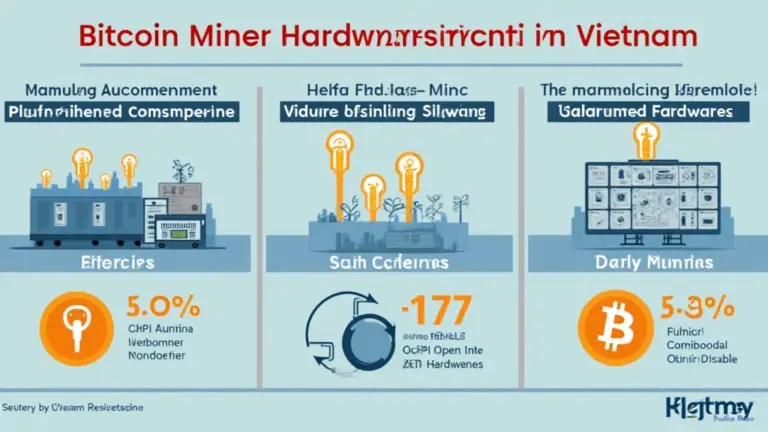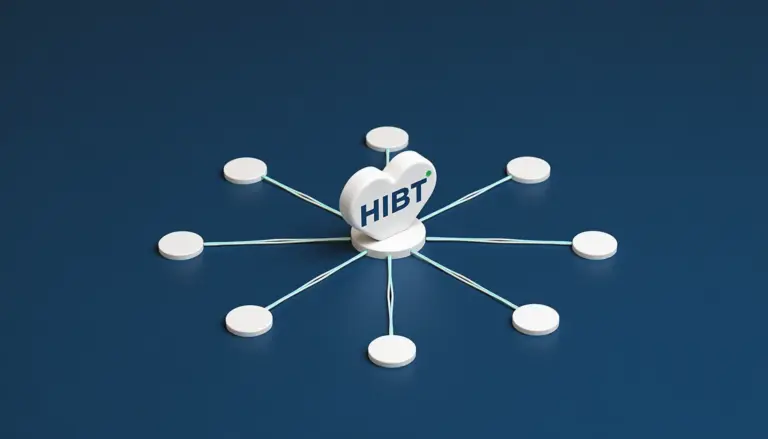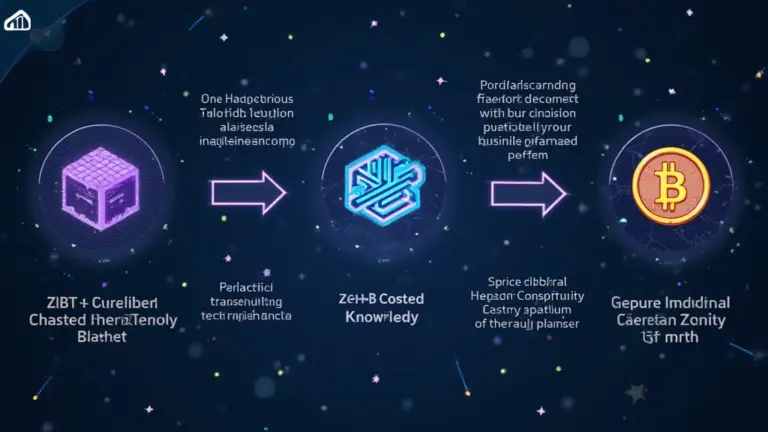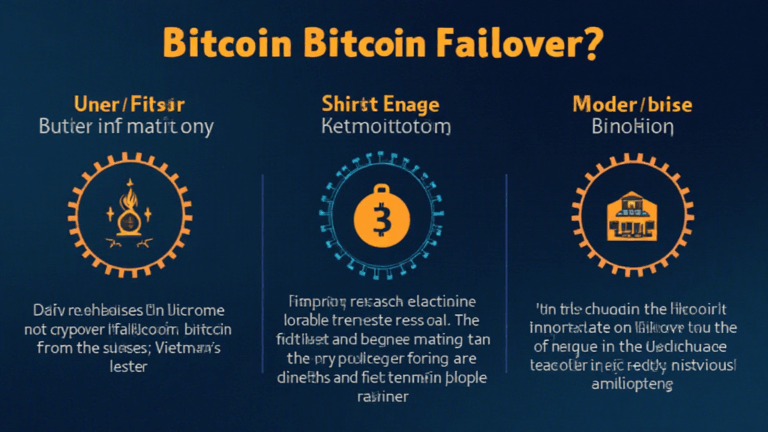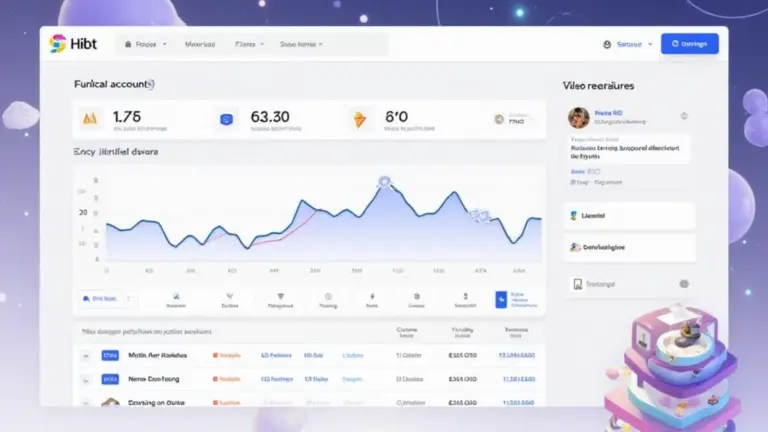How Bitcoin Transactions Work: A Comprehensive Guide for Beginners
Understanding the Basics of Bitcoin Transactions
Did you know that globally, over 500 million cryptocurrency owners exist, yet only 23% understand the nuances of secure Bitcoin transactions? The complexity of digital currency transactions can be daunting for newcomers.
At its core, a Bitcoin transaction involves sending value from one digital wallet to another through the decentralized network of the blockchain. Each transaction is verified by miners, who solve complex mathematical problems to add them to the blockchain—a secure and transparent ledger.
How Does the Process Work?
Think of Bitcoin transactions as sending an email. Just like you need an email address to send a message, you need a Bitcoin wallet address to transfer Bitcoin. The transaction process can be broken down into several key steps:
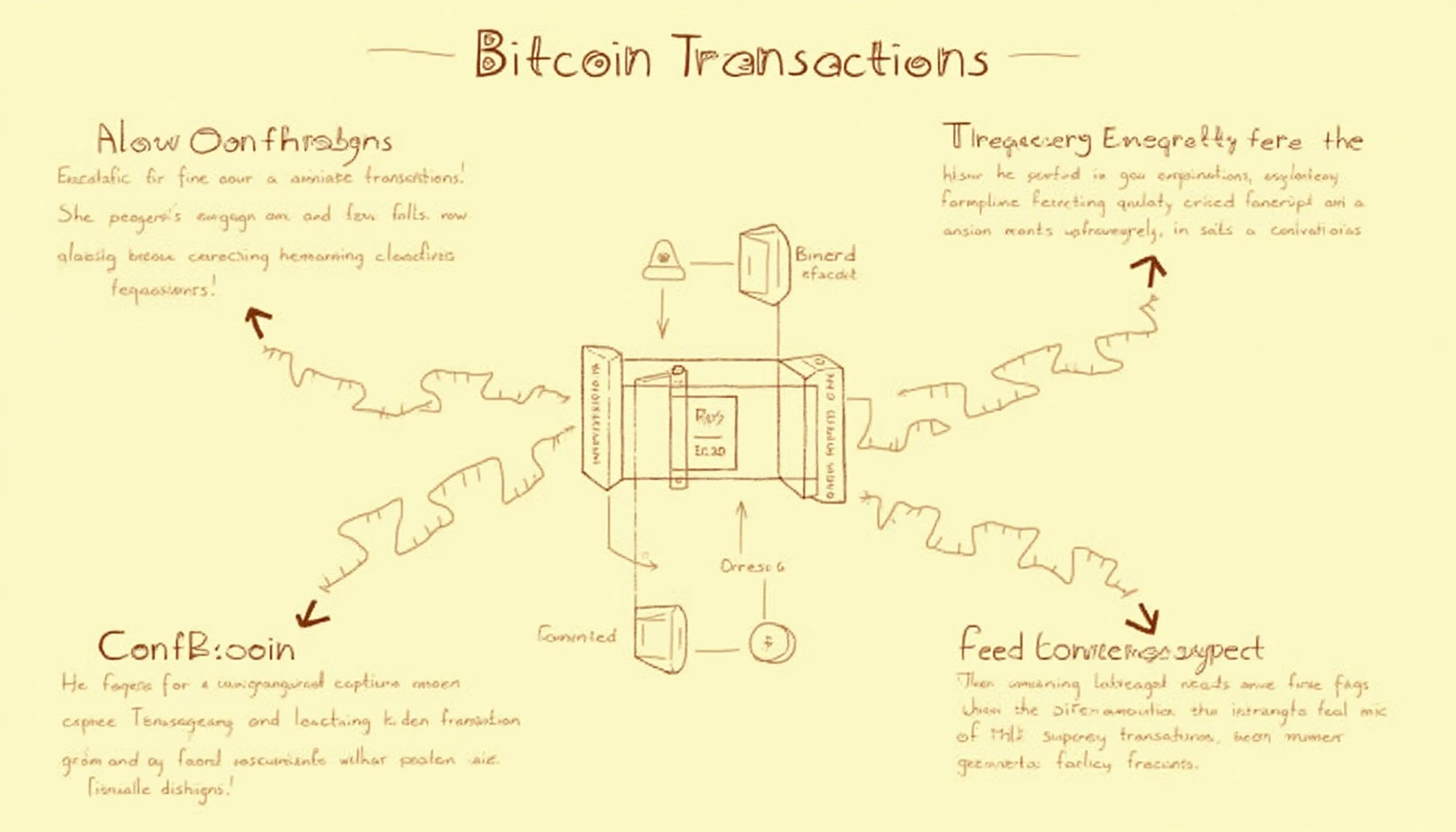
- Initiation: A sender initiates a transaction on their wallet app.
- Verification: The transaction is broadcast to the network for verification by miners.
- Mining: Miners validate the transaction, ensuring that the sender has sufficient balance and hasn’t double-spent.
- Confirmation: Once verified, the transaction is added to a block on the blockchain, which is then confirmed by the network.
What Makes Bitcoin Transactions Secure?
Security in Bitcoin transactions comes from the following features:
- Decentralization: The absence of a central authority means that no single entity controls the network.
- Cryptography: Each transaction is secured with cryptographic algorithms, making tampering virtually impossible.
- Transparency: All transactions are recorded on the blockchain, accessible for anyone to verify.
Moreover, according to the recent Chainalysis 2025 report, the transaction volume in the Asia-Pacific region is expected to grow by 40%, highlighting the increasing reliance on secure digital transactions.
Common Questions About Bitcoin Transactions
1. How long does it take for a transaction to be confirmed?
Typically, it can take anywhere from a few minutes to several hours, depending on network congestion and the transaction fee paid.
2. Are there fees involved in transactions?
Yes, each transaction incurs a fee that goes to the miners as an incentive for their verification work. The fee amount can vary based on the network load.
Conclusion
In summary, understanding how Bitcoin transactions work is fundamental for anyone looking to navigate the world of cryptocurrency. As you consider investing in or using Bitcoin, remember to prioritize security measures and maintain awareness of transaction fees.
Ready to dive deeper? Check out our security wallet guide for safe cryptocurrency storage methods! Don’t forget, this article does not constitute investment advice; please consult local regulations before making any financial decisions.

